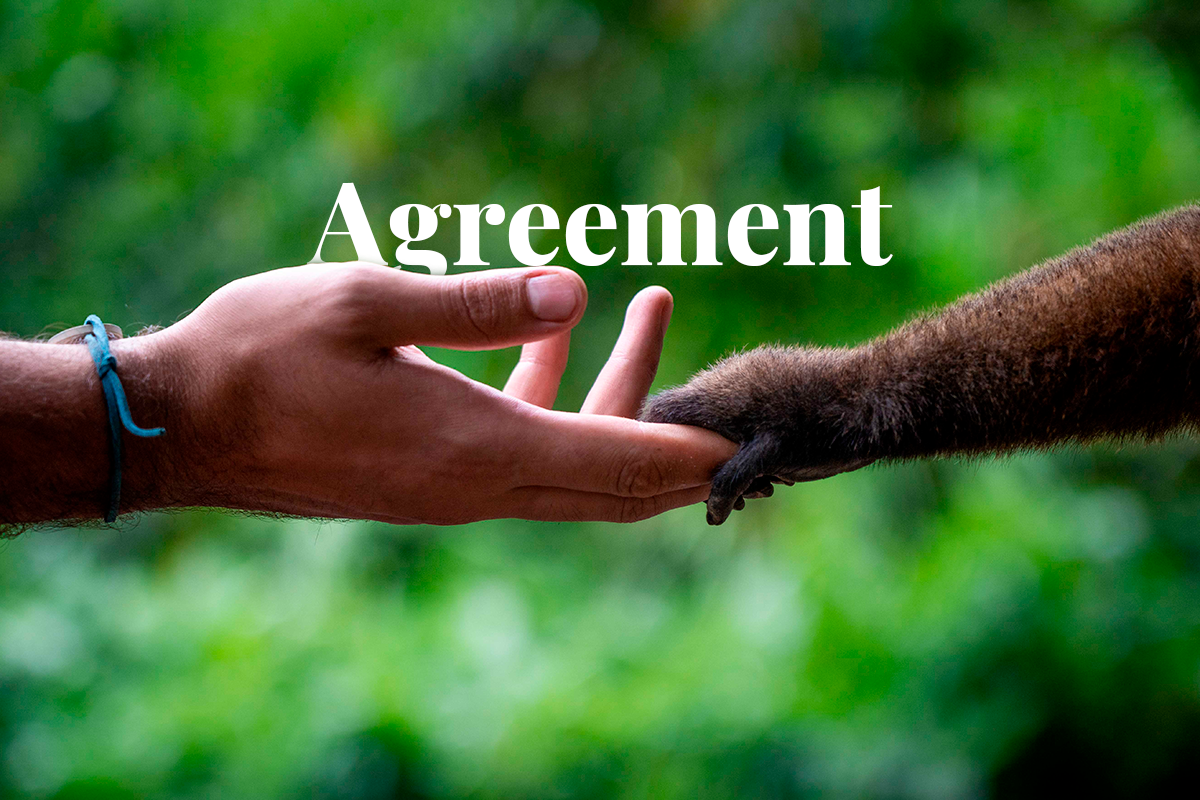On 19 December 2022, the Kunming-Montreal Global Biodiversity Framework was adopted during the United Nations (UN) Biodiversity Conference (COP 15) in Montreal, Canada. More than 190 countries agreed on goals to protect nature. Nations finally agreed that, by 2030, funding for biodiversity from all public and private sources must rise to at least $200 billion per year. This includes at least $30 billion per year, contributed by wealthy to low-income nations. These figures fall short of the approximate $700 billion researchers claim is needed to fully safeguard and restore nature, although it does constitute a 3x increase of existing donations.

For the first time in history, the agreement sets quantitative targets for biodiversity. The agreement includes 23 targets aimed at halting the ongoing biodiversity crisis. Only 17% of land and 10% of oceans are currently considered protected. A critical objective is to protect and restore 30% of the world’s land and seas by 2030 while respecting indigenous communities' rights, who depend on and steward much of Earth’s remaining biodiversity. A second target is for nations to achieve a 90% reduction in the extinction rate of all species by 2050.
Learn how DGB positively impacts biodiversity through reforestation
Nature is declining at alarming rates. In 2019, a landmark report from the UN’s Panel of Experts found that up to one million land and marine species face extinction because of human actions, including deforestation, burning fossil fuels, and polluting rivers and oceans.
Many have welcomed the agreement. The proof of success will be in how the agreement is enacted, however. Countries failed to meet the previous Aichi Biodiversity Targets set in 2010 and that expired in 2020; scientists have suggested that this failure occurred because there was no mechanism for accountability.
The agreement has been received with a hopeful outlook by many in the business industry. Despite not being legally binding, the deal encourages companies to voluntarily track and disclose their impact on biodiversity. With a monitoring framework in place to evaluate progress, there's room for growth and improvement. While the deal may not explicitly call out certain industries, it presents an opportunity for companies across all sectors to prioritise biodiversity conservation. While some developing countries may have concerns over funding levels, the deal presents a positive step forward in the ongoing effort to protect our planet's diverse ecosystems. The corporate sector can also be encouraged by the possibility for companies to play an active role in protecting biodiversity and creating a sustainable future.
Let DGB help you protect biodiversity by investing in our nature conservation projects



